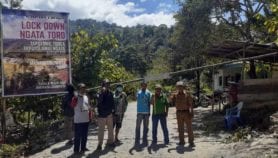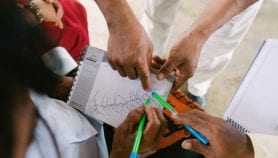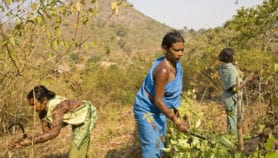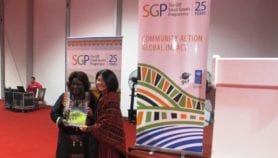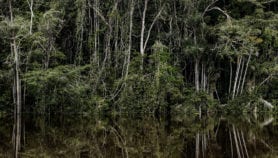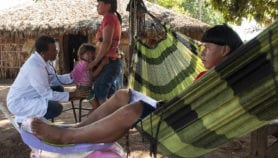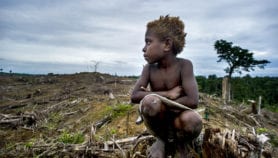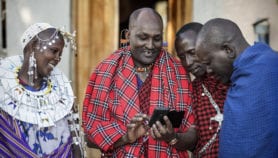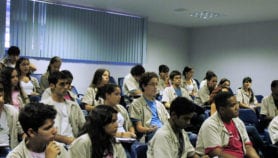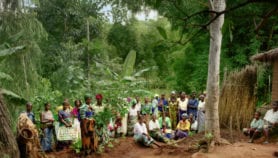Send to a friend
The details you provide on this page will not be used to send unsolicited email, and will not be sold to a 3rd party. See privacy policy.
[SANTIAGO DE CHILE] Drug companies should work closely with scientists in developing countries to ensure that such nations benefit directly from research into their natural resources, without having to wait for payments from the commercialisation of research results, according to scientists in Panama.
The group, which has completed a five-year study of the impact of such research, says that working in partnership can stem accusations of ‘biopiracy’ against foreign researchers who sell products based on local genetic resources or indigenous knowledge. By becoming involved in research, developing nations gain immediate benefits, such as opportunities for education, research and economic development, they say.
The US$3-million project, whose conclusions are published in this month’s issue of Frontiers in Ecology and the Environment, set up six laboratories in Panama and employed more than 60 locals as senior scientists, research assistants and student volunteers. Twenty Panamanians earned first degrees in the process, a dozen worked on master’s degrees and one started a doctorate.
The scientific team also obtained a patent on three local-plant extracts that are effective against the parasite that causes leishmaniasis.
“We were inspired to do this project because tropical rainforests are disappearing fast,” study leader Phyllis Coley of the Panama-based Smithsonian Tropical Research Institute told SciDev.Net. “Our main goal was to find ways of generating income from intact forests, and hence make it worth protecting them.”
According to Tom Kursar, an associate professor of biology at the University of Utah who also worked on the project, conducting research in developing countries rather than collecting samples and analysing them abroad provides immediate benefits. “That provides a link from bioprospecting to conservation,” he says.
Bioprospecting has been long identified as a potential path towards sustainable development, particularly after the 1992 Rio Convention on Biological Diversity, which encourages companies to give royalties to a country if a drug is developed from its genetic resources.
But many believe that this approach is not effective, as only a fraction of plant extracts are developed into drugs and, when they are, it often takes years to start earning royalties.
Coley says that a better way of ensuring immediate benefits is to set up research programmes in the source country. “More than US$40 billion is spent annually by drug companies alone, and more by governments and non-profit organisations. If just a small fraction of this investment could support drug discovery research in developing nations, it could make a big difference,” she says. “[There would be] no waiting to hit the jackpot and no asking for handouts.”
In a commentary accompanying the study, Jeffrey McNeeley, chief scientist of the World Conservation Union, praises the Panama project as “an excellent first step”. But he says that more steps are needed, such as scholarships to develop graduate-level expertise in poor countries, recognition of the value of traditional medicinal knowledge, and compensation for the input of ancestral knowledge to drug discovery.
“Through measures such as these, charges of biopiracy could well fade away and be replaced by a new era of international cooperation,” he concludes.




